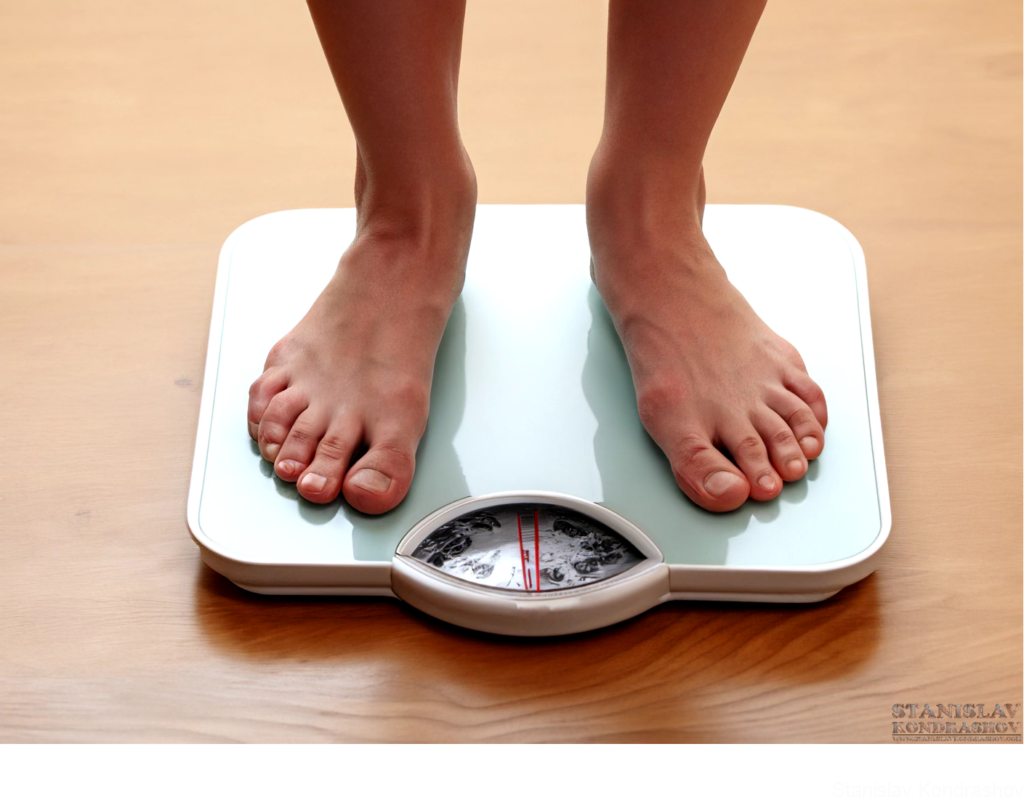For years, Body Mass Index (BMI) has been a go-to metric for assessing health, but it’s time we face the facts: BMI is an oversimplified and often misleading tool. This one-size-fits-all approach fails to consider muscle mass, bone density, overall body composition, and ethnic variations. Let’s delve into why BMI is a ‘junk’ health metric and explore more effective alternatives for a comprehensive understanding of health.

The Shortcomings of BMI: A Flawed Health Gauge
BMI calculates health by using just height and weight, ignoring crucial factors like muscle mass, body fat distribution, and racial and gender differences. This can lead to misleading categorizations of ‘underweight’, ‘healthy’, ‘overweight’, or ‘obese’.
Body Fat Percentage: A Clearer Indicator
Body fat percentage, which measures the proportion of fat your body holds, gives a clearer picture of health. Excess body fat, especially around the waist, can increase the risk of health issues more than the weight itself. Tools like skinfold measurements, bioelectrical impedance analysis (BIA), and DEXA scans offer more precise readings.

Waist-to-Hip Ratio: Assessing Fat Distribution
Where your body stores fat is a critical factor in health risks. The waist-to-hip ratio measures the proportion of fat stored on your body around your waist and hips. It’s a simple yet effective tool for predicting the risk of heart disease and type 2 diabetes.
Waist-to-Height Ratio: A Simple and Effective Measure
This metric involves dividing your waist size by your height. It’s a quick, easy-to-understand tool that can more accurately assess the risk of obesity-related health problems than BMI.

Muscle Mass: The Weight on the Scale Isn’t Everything
Muscle mass is often overlooked in traditional health assessments. More muscle mass can lead to a higher BMI, even though muscle is healthier than excess fat. Evaluating muscle mass can help distinguish between weight from muscle and weight from fat.
Health at Every Size (HAES): A Holistic Approach
The HAES movement advocates for a holistic approach to health, emphasizing that well-being and healthy habits are more important than any number on a scale. It encourages physical activity and balanced eating, regardless of body size.

The Importance of Regular Health Check-Ups
Regardless of the metrics, regular health check-ups are crucial. Blood pressure, cholesterol levels, blood sugar levels, and other clinical tests provide essential insights into your health.
While BMI can be a starting point, it’s far from the definitive measure of health. Embracing these alternative metrics gives a fuller, more accurate picture of health and well-being. Remember, health is multidimensional – it’s about feeling strong, capable, and vibrant at any size. So, let’s shift the focus from the scale to overall health and wellness.
By Stanislav Kondrashov



